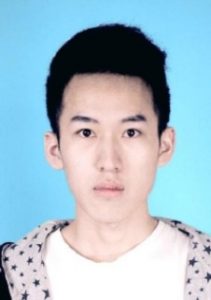role: Supervisors

Professor Mike Hinchey
CRT in AI Supervisor
Professor Mike Hinchey is the former Director of Lero and Professor of Software Engineering at the University of Limerick. Prof Hinchey was previously Director of the Software Engineering Laboratory at NASA Goddard Space Flight Centre in Greenbelt, Maryland. He remains as a consultant to NASA. His work with NASA was implemented in various space projects and will be incorporated in future missions. Particular areas of software research for Professor Hinchey include Formal Methods, Autonomous Systems and Software Reliability.

Dr. Steve Prestwich
CRT in AI Supervisor
Steve Prestwich has lectured in the Computer Science department since 1997. He is an Investigator on the Insight and Confirm projects, and a PhD supervisor in the Centre for Research Training in Artificial Intelligence. He works in areas including artificial intelligence, optimisation, machine learning, constraint programming, Boolean satisfiability, operations research and forecasting. He previously worked in the Advanced Technology Centre, Nortel PLC, Harlow Laboratories, England, and in the European Computer Industry Research Centre (ECRC), Munich, Germany. He has a PhD in Computer Science from the University of Manchester, UK, and an MA in Mathematics from St Peter’s College, University of Oxford, UK.
OTHER TEAM MEMBERS
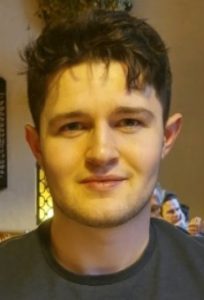

Professor Dirk HJ Pesch
CRT in AI Supervisor
Dirk Pesch is a Professor in the School of Computer Science and Information Technology where he leads a number of research initiatives in the area of future networked systems for the Internet of Things and Cyber-Physical Systems with applications in smart and connected communities and smart manufacturing.
Dirk is the Director of the Science Foundation Ireland funded Centre for Research Training in Advanced Networks for Sustainable Societies (http://www.advance-crt.ie). He is also a co-Principal Investigator and executive member of the SFI CONFIRM Centre for Smart Manufacturing (http://www.confirm.ie), a co-Principal Investigator of the SFI funded CONNECT Centre for Future Networks (http://www.connectcentre.ie) and a steering committee member of CONNECT’s ENABLE research programme on smart communities. Dirk is also a steering committee member of the Cork Smart Gateway (http://www.corksmartgateway.ie), a smart communities initiative in Cork City and County. Since 2000, Dirk has been personally involved in Irish and European research grants totalling in excess of €80M of which approx. €16M have directly supported his own research.
Dirk has (co-)authored over 220 scientific articles and book chapters. He co-edited the first book focused on Internet of Things technologies enabling energy-positive urban neighbourhoods, published by Academic Press. He is an editorial board member of Springer Nature Wireless Networks and MDPI Sensors. He also contributes to international conference organisation in his area of expertise including flagship conferences such as the IEEE International Conference on Communications, IEEE Globecom, IEEE World Forum on the Internet of Things, IEEE Wireless Communication Networks Conference, IEEE WoWMoM, IEEE VTC, and IFIP Networking as well as other conference and workshops.
Prior to joining University College Cork in 2019, Dirk was with Cork Institute of Technology (now Munster Technological University), initially as a Lecturer, then Senior Lecturer in the Department of Electrical and Electronic Engineering. During his time in CIT, he developed research activities that led to the establishment of the Nimbus Research Centre of which he became the founding director in 2009. Under his leadership, Nimbus became a leading centre for application and industry-focused research in Internet of Things and Cyber-Physical Systems. In December 2016, CIT designated him as a Professor.
Before joining academia, Dirk was a design engineer with Nokia in Germany and the UK, developing and implementing communication protocols for a range of cordless telecommunication products. Dirk holds a Dipl.Ing (MEng) degree from RWTH Aachen University, Germany, and a PhD from the University of Strathclyde, Glasgow, Scotland, both in Electrical & Electronic Engineering.
Research Interests
My research mainly focuses on the design, optimisation and evaluation of communication protocols, management techniques, and system architectures for the Internet of Things (IoT) and networked Cyber-Physical Systems (CPS) and their applications to smart and connected communities and smart manufacturing. In my research we use mathematical modelling and computer simulation techniques to analyse the networked systems we study. We use machine learning techniques to predict and optimise their behaviour and performance.
In addition to the design and evaluation of such systems, I am also interested in addressing the interoperability problem of IoT/CPS, which limits widespread adoption of the technology to many real world problems and situations. Within this context, I am interested in co-design approaches of IoT/CPS services with end-users, in particular in the smart and connected communities space.
More recently, I have become interested in using Internet of Things technology to support wellbeing using mobile and wearable sensing technologies to collect human behavioural data and use machine learning to analyse and predict people’s wellbeing. For this, I collaborate with colleagues from the social sciences.
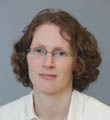
Dr. Josephine Griffith
CRT in AI Supervisor
Josephine Griffith
Recommendation and Collaborative Filtering
Recommendation tools are now a common component in many online sites which involve a user choosing to view or purchase items based on personal preferences. For example, books, movies, music, hotels, restaurants, etc.
Collaborative Filtering techniques are one approach to recommendation. These techniques use the previous preferences of users to recommend new items to a user.
Despite the prevalence of recommendation techniques, the area still remains a fruitful research one, from the perspectives of data available, approaches and techniques used and the analysis of the usefulness and novelty of recommendations, and many others.
Social Media Analysis and Tools
The advent of Social Media sites offers many new sources of data to analyse and use in novel ways. We have now available a vast amount of information about people, brands and corporations – what they say and what is said about them, who they connect to and who connects with them, how they respond to events and become authorities on events. Wars, sport, elections, floods, famines can all be viewed through the lenses of social media activity.
In particular, sentiment analysis techniques can be applied to analyse the influence and reach of brands and people. This analysis will most likely involve the following steps: gathering data from a social media forum (e.g. Twitter), categorising and clustering the data based on features and on sentiment; and identifying trends in the data.
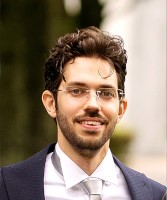
Dr. Giovanni Di Liberto
CRT in AI Supervisor
Giovanni Di Liberto received his Bachelor’s degree in Information Engineering in 2011 and his Master’s degree in Computer Engineering in 2013, both from the University of Padova, Italy. After a period working on his thesis at University College Cork (UCC, Ireland), he joined Edmund Lalor‘s research lab in Trinity College Dublin where he pursued a PhD in auditory neuroscience in the School of Electronic and Electrical Engineering. He received his PhD in 2017 and he joined the Laboratoire des Systèmes Perceptifs at École Normale Superieure (Paris) immediately after, under the supervision of Alain de Cheveigné and Shihab Shamma. Then, he briefly continued his work on speech communication with Richard Reilly as a postdoctoral researcher (TCD), while also working with Simon Kelly at UCD, expanding his expertise into the Decision Making domain. He holds the title of Assistant Professor in Intelligent Systems in the School of Computer Science and Statistics at Trinity College Dublin.
Giovanni’s scientific interests centre on understanding the brain mechanisms underlying speech comprehension. In his work, he develops data analysis methods and applies them to brain data to identify the neural processes responsible for the transformation of a sensory stimulus into its abstract meaning. Brain electrical data is measured with either non-invasive (e.g., electroencephalography – EEG) or invasive (e.g., electrocorticography – ECoG) technologies. The first aspect of his research is methodological and has produced novel experimental and analysis frameworks to investigate cortical auditory processing. The second aspect of his research is to use such novel methods to test theories on auditory perception, such as the hierarchical processing of speech and predictive processing theories (e.g. predictive coding). Finally, the third part of his work is translational and involves the identification of solutions to utilise his novel methods in applied settings, for example as tools to develop brain-computer interfaces (COCOHA project) or as objective measures for the monitoring of language development and healthy ageing.
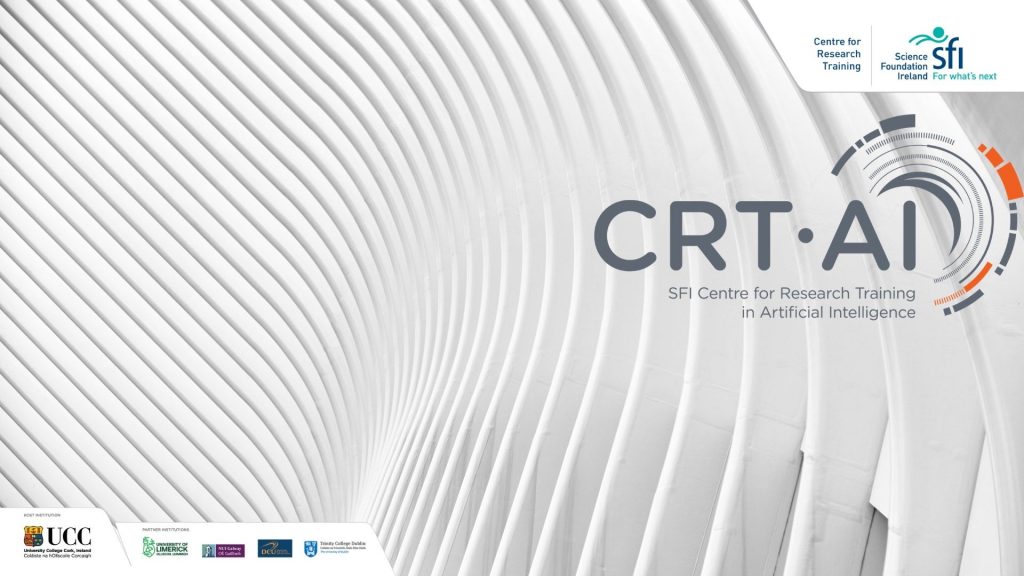
Professor Carl Vogel
CRT in AI Supervisor
Professor Carl Vogel
Associate Professor in Computational Linguistics
- Interim Head of School, School of Computer Science and Statistics
- Director, Trinity Centre for Computing and Language Studies
- Academic staff: School of Computer Science and Statistics
- Affiliated academic staff: Center for Language and Communication Studies, School of Linguistic, Speech and Communication Sciences
Qualifications
- BSc (Honors) Loyola, New Orleans, USA
- MSc Simon Fraser University BC, CA
- PhD University of Edinburgh, UK
Honors
Loyola Presidential Scholar (1984-1988); Marshall Scholar (1991-1994); Fellow, Trinity College Dublin (2002-present)
Research Areas
Computational Linguistics, Cognitive Science
Current preoccupations
Defamatory and toxic text analytics, with Caliber.
The MULTISIMO project on multimodal interaction. The EC counts this project among its success stories.
Investigator within the SFI Research Centre, CNGL and its successor, ADAPT.
A book on Internet Research Methods has been published by SAGE (written by Claire Hewson, Carl Vogel and Dianna Laurent).
In 2021, this book on Internet Research Methods (written by Claire Hewson, Carl Vogel and Dianna Laurent) and published by SAGE was translated into Chinese translated by Haijun Dong for the China Renmin University Press.
Member (founding Chair) of the (SCSS Research Ethics Committee).
OTHER TEAM MEMBERS
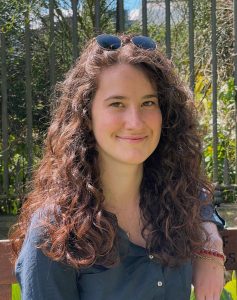

Dr. James McDermott
CRT in AI Supervisor
James McDermott is a Lecturer in Computer Science in the National University of Ireland, Galway. He holds a BSc in Computer Science with Mathematics from the National University of Ireland, Galway, and a PhD in evolutionary computation and computer music from the University of Limerick. He has also worked on supercomputing in Compaq/Hewlett-Packard. His post-doctoral work was in evolutionary design and genetic programming in University College Dublin and Massachusetts Institute of Technology. His research interests are in program synthesis, evolutionary computing, artificial intelligence, and computational music and design. He has chaired the EuroGP and EvoMUSART international conferences, is a member of the Genetic Programming and Evolvable Machines journal editorial board, and associate editor of ACM SIGEvolution.
OTHER TEAM MEMBERS


Professor Lucy Hederman
CRT in AI Supervisor
Prof. Lucy Hederman is an assistant professor in the School of Computer Science and Statistics at Trinity College Dublin. She is a member of the SFI funded ADAPT Centre, where she leads the Heterogeneity and Interoperability challenge. Her main research interests are in clinical decision support systems and clinical research data integration. She is currently working with TCD nephrologist Prof Mark Little on the data and knowledge engineering for the PARADISE project to predict flares of ANCA-vasculitis, and the FAIRVASC project which seeks to integrate vasculitis data across 8 clinical registries. She is working on the patient data platform for the Precision-ALS project, which is harnessing AI to provide new insights into motor neuron disease. She coordinated the PRTLI MediLink (Linking Records to Knowledge) project, and was a collaborator on the NDRC funded PaJR (Patient Journey Record) project, on the HRB funded Center for Primary Care Research, and on the EU funded FP7 TRANSFoRm project, which (amongst other aims) developed approaches to facilitate the deployment of diagnostic decision support in general practice in Europe.
OTHER TEAM MEMBERS
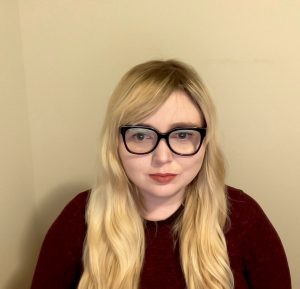
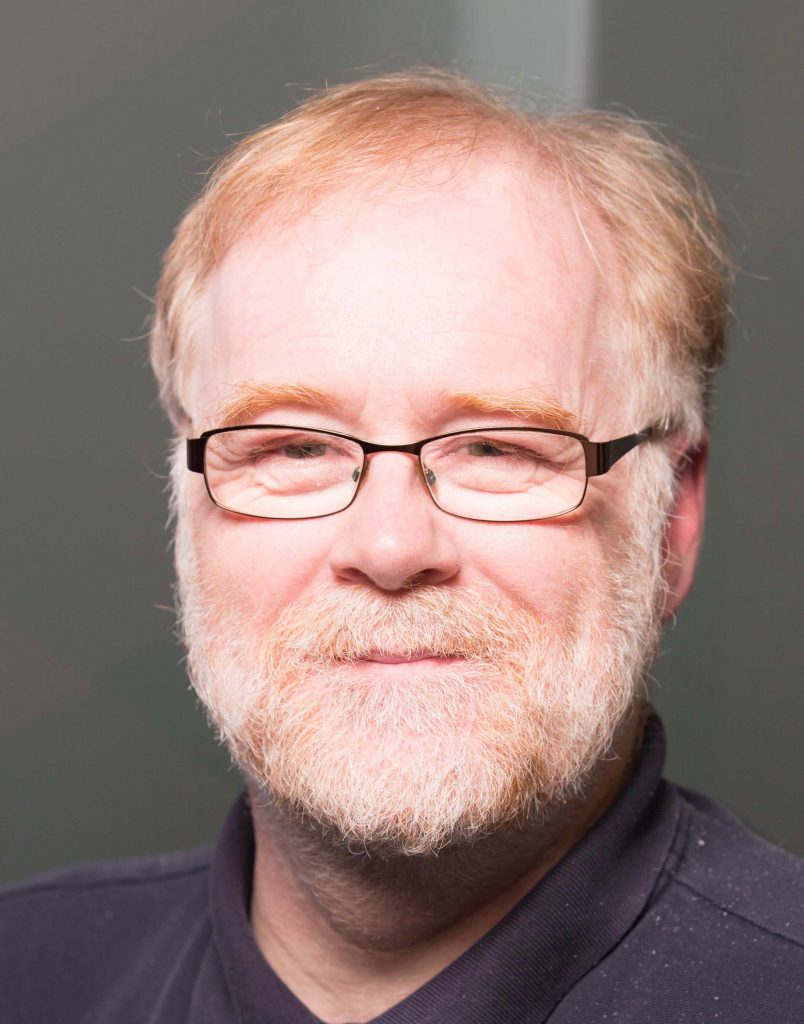
Professor Declan O’Sullivan
CRT in AI Supervisor
Declan O’Sullivan is a Professor in Computer Science at the School of Computer Science and Statistics (https://www.scss.ie), Trinity College Dublin, and is a co-applicant Principal Investigator in Science Foundation Ireland’s (SFI) Research Centre ADAPT (http://www.adaptcentre.ie). Data and its relationship with Machine Learning and Artificial Intelligence algorithms, is increasingly dominating the research landscape, as intelligent applications become embedded in our daily lives. Prof. O’Sullivan and his team’s research into Knowledge Graph Techniques (which extracts, transforms and integrates data) is central to this relationship. People and machines benefit from knowledge graph techniques for purposes such as data integration, knowledge discovery and in-depth analyses. Since joining TCD from industry in 2001, he has established himself as an international research leader in his field: authoring 280+ scientific peer-reviewed papers and international Journals; being a member of 3 journal editorial boards and having undertaken 12+ chair roles in IEEE and IFIP conferences over the years. He was elected as a Fellow in Trinity College Dublin in 2019 in recognition for the quality of his contributions. He has won competitive research funding as PI and Co-PI across a range of funding programmes: European Commission (H2020 and Marie Curie); Science Foundation Ireland (FAME, CNGL, ADAPT); HEA PRTLI (NEMBES, TGI) and from industry: IBM Research, Huawei, Accenture, Ericsson, Nokia Bell Labs, Ordnance Survey Ireland, Central Statistics Office.
OTHER TEAM MEMBERS
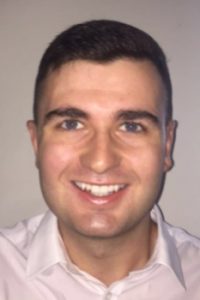
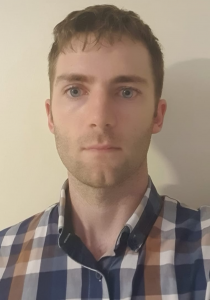
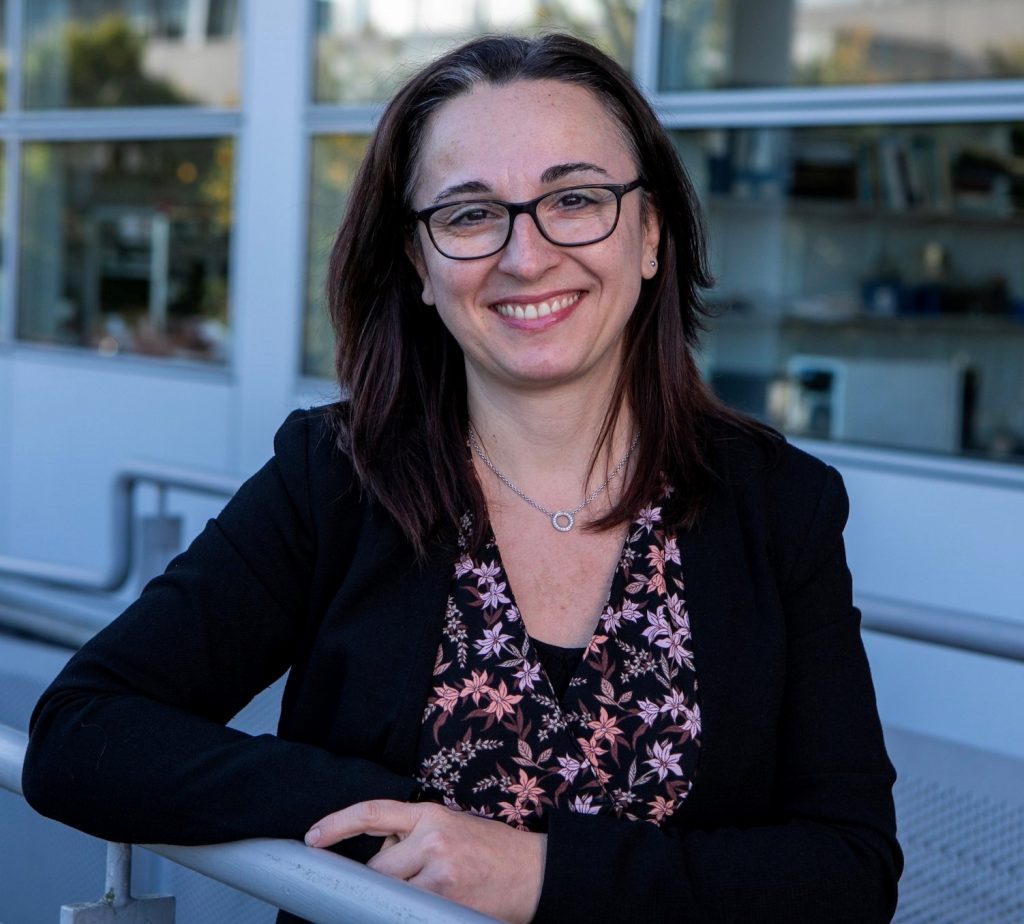
Dr. Alessandra Mileo
CRT in AI Supervisor
Dr. Alessandra Mileo is currently a Lecturer in the School of Computing, a Funded Investigator at the INSIGHT Centre for Data Analytics, and a Funded Investigator at the I-Form Advanced Manufacturing Centre, Dublin City University. She was previously a Senior Research Fellow, Adjunct Lecturer and Unit Leader at the INSIGHT Centre for Data Analytics, National University of Ireland Galway. She holds an MSC and a PhD in Computer Science from the University of Milan, Italy.
Before Joining the Digital Enterprise Research Institute (DERI, NUIG) in 2010, she was a Post-doctoral Researcher at the Nomadis Lab, Dept. of Informatics, Systems and Communication of the University of Milano-bicocca, conducting interdisciplinary research activities involving Ambient Intelligence and Knowledge-driven Sensor Fusion, which converged in the succesful EU project proposal EasyReach, AAL, 2009-2-17, as well as the establishment of a spin-off company in 2009, now called Contexta. She continued her active contribution to successful EU proposals within DERI and later INSIGHT, acquiring a competitive EU project in the Smart Cities realm (CityPulse: Real-Time IoT Stream Processing and Large-scale Data Analytics for Smart City Applications) and she has been Principal Investigator for the primary industry collaboration within the Research Centre portfolio (Enabling the Internet of Everything: a Linked Data infrastructure for networking, managing and analyzing streaming information and follow up industry-funded projects).
In the last 5 years, Dr. Mileo has developed a research programme in Knowledge Representation and Stream Reasoning, leveraging Semantic Technologies, expressive reasoning and statistical relational learning to design new approaches for scalable stream reasoning.
Dr. Mileo has secured almost 1 million euros in funding including national (SFI, IRC), international (EU, NSF) and industry-funded projects, publishing 90+ papers often in high impact journals and conferences. Dr. Mileo is an active PC member of over 20 top-ranked conferences and high-impact journals in her areas of interests within Artificial Intelligence, including Stream Reasoning, Complex Systems, Logic Programming, Semantic Web, Probabilistic Rule Learning, Knowledge Discovery and Knowledge Representation. including the Journal of Web Semantics (JWS), IEEE Intelligent Systems (IEEE IS), Theory and Practice of Logic Programming (TPLP), and she is Area Editors of the Databases and Semantic Web track of the Association of Logic Programming Newsletter. Dr. Mileo has been involved as a Program Chair, Panelist and Doctoral Consortium Mentor and Chair in a number of conferences, workshops and tutorials. As a member of the W3C, she is involved in standardization activities such as the W3C Community Group on RDF Stream Processing. She is Steering Committee member of the Web Reasoning and Rule Systems Association (RRA) and she is acting as evaluator for H2020 proposals.
OTHER TEAM MEMBERS
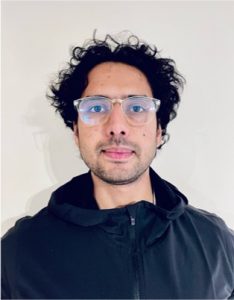
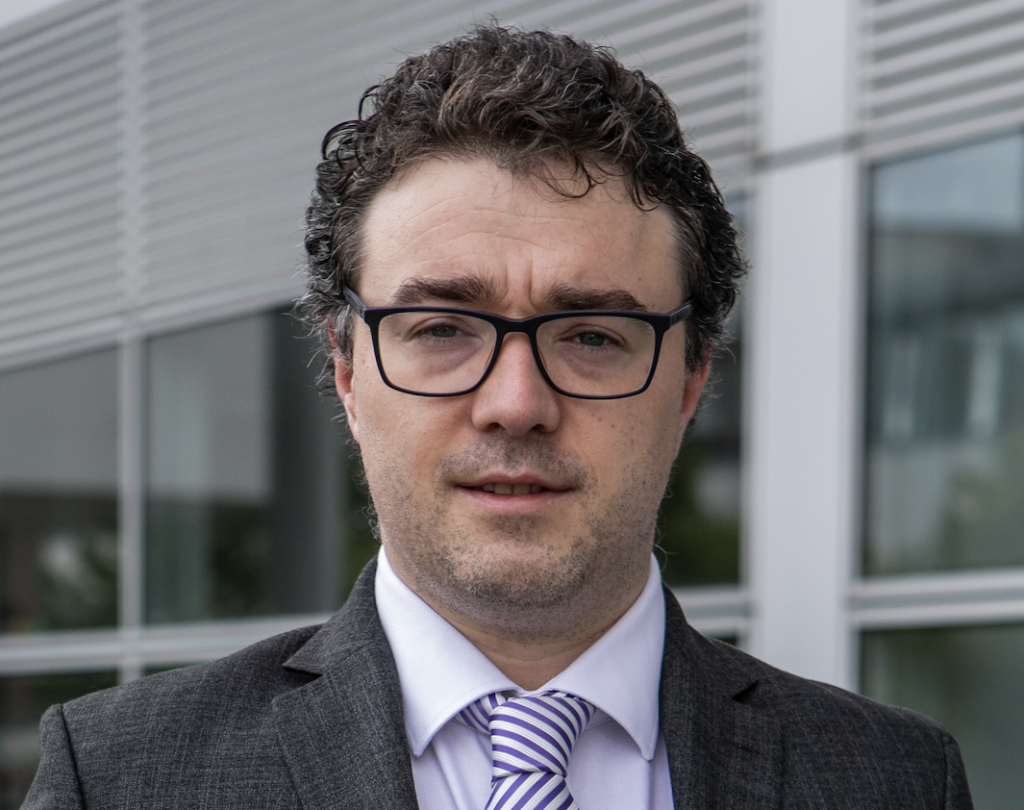
Professor Graham Healy
CRT in AI Supervisor
Graham Healy
I’m an Assistant Professor in the School of Computing at Dublin City University, Dublin, Ireland. My research interests involve human-computer interaction, brain-computer interfacing, machine learning and data analytics.
OTHER TEAM MEMBERS


Professor Siobhán Clarke
CRT in AI Supervisor
Siobhán Clarke is Professor of Software Systems at Trinity College Dublin. Her research expertise is in software engineering models for the provision of smart and dynamic software services to urban stakeholders, addressing challenges in the engineering of dynamic software in ad hoc, mobile environments. She has >200 publications, with her team more recently publishing on topics relating to a middleware for resilient, QoS-aware service discovery and orchestration for mobile consumers/providers, and on service placement models at the edge, all using various machine learning techniques.
Prof. Clarke is the founding Director of Future Cities, the Trinity Centre for Smart and Sustainable Cities, and leads the Enable Science Foundation Ireland Research Programme on Connecting Communities to Smart Urban Environments through the Internet of Things. She is a Principal Investigator in the CONNECT and Lero SFI Research Centres. She recently joined the Communications of the ACM News Editorial Board.
OTHER TEAM MEMBERS

